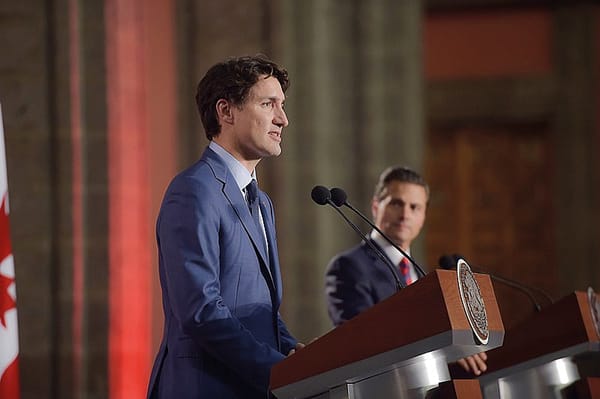Election Section: Spanish General Elections: the Rise of the Far-Right Wakes Up Left Parties
The Socialist Worker’s Party wins a plurality and Sánchez is again tested in building a left coalition government

This Sunday, Spain faced its second general election of the year, the country seeking a new government after President Pedro Sánchez failed to build a coalition after the last election in April.
At first glance, it seems that not much about Spanish politics has changed. Once more, the Socialist Workers’ Party (PSOE) won by a plurality – this time with 120 deputies (the equivalent to an MP in the UK), only 4 less than they had six months ago; the conservative People’s Party (PP) were in second place with 89 seats, recovering much of the deputies they had lost in April, which had been their worst result in their 30 years of history; and neither the progressist block nor the conservative one managed to gain enough seats to control Congress. This is seemingly just like where Spain found itself half a year ago.
However, several important factors have indeed changed. Now, the progressist parties have shown an intent to reach a coalition agreement for the next legislature. The main obstacle following the last elections, which was the refusal of PSOE to form a coalition government with Podemos (UP), the far-left party, was overcome less than 48 hours after the election’s results were known and a deal was signed off on Tuesday morning. This accord would place Pablo Iglesias, the leader of Podemos, as the next vice-president, something which was specifically banned by Mr. Sánchez in the past. The reason for this sudden change may be that none of these parties desire a third general election, especially with the rising power of far-right party Vox, who won 28 new deputies this Sunday.
Nevertheless, even with this coalition, the chances of forming a new government are even smaller than what they were in April. Both parties in total hold only 155 seats, 10 less than their sum in April, and far from the 176 deputies needed for an absolute majority. To form a proper government, they must not only persuade other minor parties to join their coalition, but they will also need secessionist parties to abstain from turning down the investiture session, where in order to become President, Sánchez will need at least more affirmative votes than negative ones from the Congress.
As was shown in last week’s Felix article about the Spanish political atmosphere (which I strongly recommend reading), other parties were in the running for the presidency of the government, having quite different results between each other.
Extreme-right party Vox had a meteoric rise. They entered Parliament only in April, but are already the third biggest party with 52 deputies and 15% of the vote. Their rhetoric against immigrants and against the Spanish State of autonomous communities, which are strongly decentralised, has resonated strongly with part of the population, especially past Ciudadanos and PP voters.
Especially remarkable is the situation of Ciudadanos, the formerly centrist party that has become increasingly right wing in the last two years. Their shift to the right had led to their best election ever in April, when they became the third biggest force in the Congress with 57 seats. They even had the chance to form a stable government with the PSOE, but due to their decreasing support of left wing ideals, they chose to reject this option, something which not all the voters agreed with. Last Sunday, they were outcompeted by the other conservative parties and lost 47 of their deputies.
One more reason for the failure of Ciudadanos can be found in the Catalan context. The party was born in this region, where they defended the interest of citizens who opposed the separatist movement. However, the rise of Vox, who made stronger arguments for the defence of Spanish unity, and declared even tougher measures against separatist violence, has eaten away at part of Ciudadanos’ identity. Their president Albert Rivera has subsequently accepted responsibility for the poor results, and on Monday resigned and abandoned the political realm.
Separatist parties in Catalonia, on the other hand, improved their results and won 23 deputies, though this still represents less than the half of total seats in the region.
Overall, abstention of the public has also played an important role in these elections. Voter turnout decreased by six points to only 69.9% of the voting population. This might be a sign of the people’s resignation from constant political instability, especially among the left, where much remorse is felt about the missed chance for a stable left-wing coalition. However, Más País, the new leftist party that surged from this disconformity and aimed to offer these voters an alternative to abstention, didn’t meet their expectations and got only 3 deputies.









